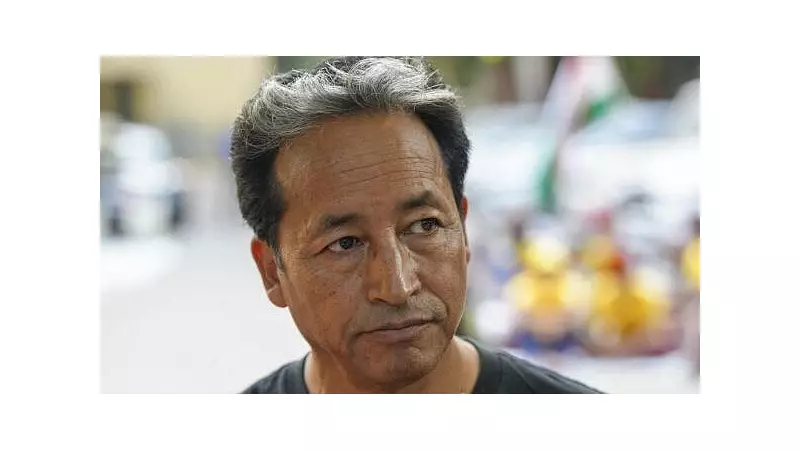
In a courtroom drama that has captured national attention, the Supreme Court of India heard explosive arguments alleging that climate activist and education reformer Sonam Wangchuk's detention was marked by "gross illegality and arbitrariness." The hearing represents a significant legal challenge to the government's handling of the ongoing protests in Ladakh.
Legal Battle Intensifies Over Ladakh Activist's Detention
Wangchuk's legal team presented a compelling case before the apex court, arguing that the detention order fundamentally violated constitutional principles and due process. The lawyers emphasized that the authorities had overstepped their legal boundaries in restricting the prominent activist's freedom.
The case has become a flashpoint in the ongoing tensions in Ladakh, where Wangchuk has been a vocal advocate for the region's environmental protection and constitutional safeguards. His detention earlier this year sparked widespread condemnation and protests across the union territory.
Constitutional Rights Under Scrutiny
During the heated proceedings, Wangchuk's counsel detailed multiple legal infirmities in the detention order, describing it as not just technically flawed but fundamentally unjust. The arguments centered on the protection of fundamental rights and the proper exercise of state power.
"The very foundation of our democracy rests on the rule of law and constitutional safeguards," the legal team argued, suggesting that the detention order represented a dangerous precedent that could undermine civil liberties across the country.
Broader Implications for Civil Society
This case transcends Wangchuk's individual circumstances, touching upon larger questions about the space for dissent and protest in contemporary India. The Supreme Court's eventual ruling is expected to have far-reaching consequences for how state authorities handle environmental and social activists across the nation.
Legal experts following the case suggest that the outcome could redefine the boundaries between state security concerns and the fundamental right to peaceful protest, particularly in sensitive regions like Ladakh.
As the Supreme Court continues to deliberate, all eyes remain on what could become a landmark judgment in India's ongoing conversation about democracy, dissent, and constitutional rights.






